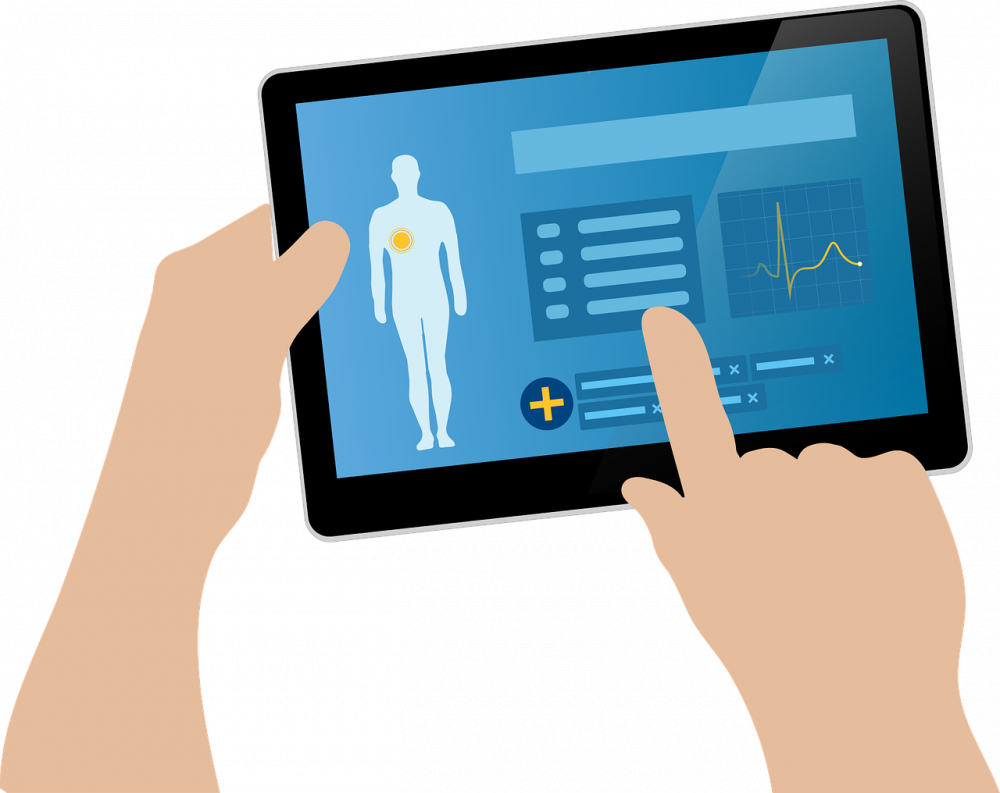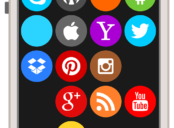Facebook app: The Evolution of a Social Media Giant

Introduction to the Facebook App: An Essential Guide for Tech Enthusiasts
The Facebook app has become an integral part of our daily lives, connecting billions of people worldwide through a single platform. With its user-friendly interface and a wide range of features, this app has revolutionized the way we interact and share information. In this article, we will delve into the history and development of the Facebook app, exploring its journey from a simple social networking platform to a global powerhouse.
The Evolution of the Facebook App: A Historical Overview
In 2004, the world witnessed the birth of Facebook, founded by Mark Zuckerberg and his Harvard University roommates. Initially, the platform was limited to Harvard students, but it quickly expanded to other universities and eventually opened its doors to the general public. The early version of the Facebook app primarily focused on connecting individuals and sharing personal updates, offering a glimpse into the lives of friends and family.
Over time, Facebook introduced various updates and features to enhance user experience. One significant milestone was the introduction of the News Feed in 2006, which revolutionized the way users consumed information. This feature allowed users to see a stream of updates from their friends in a single feed, ensuring they never missed out on important events or posts. The News Feed quickly became a cornerstone of the Facebook app, providing a centralized hub for users to stay updated and engaged with their social network.
In the following years, Facebook continued to innovate and expand its offerings. The introduction of the Facebook Messenger app in 2011 revolutionized the way users communicated, allowing for instant messaging, voice calls, and video chats. This separate app provided a dedicated space for private conversations, further enhancing the user experience. Facebook also ventured into the realm of multimedia by acquiring Instagram in 2012, integrating its features seamlessly into the Facebook app. This move allowed users to share and discover visual content effortlessly, adding a new dimension to the platform’s capabilities.
The Key Features of the Facebook App

1. News Feed: The central hub of the Facebook app, the News Feed displays updates, photos, and videos from friends, pages, and groups you follow. It ensures you stay connected and informed about the latest happenings in your social circle.
2. Messaging: The Facebook Messenger app, integrated into the Facebook app, offers a convenient way to connect with friends and family through text, voice, and video chats. Communication has never been easier with features like group chats, reactions, and even payments.
3. Marketplace: Facebook’s Marketplace allows users to buy and sell items locally, creating a virtual classifieds section. It enables users to discover, negotiate, and complete transactions within the Facebook app, all while being connected to their social network.
4. Events: With the Events feature, planning and organizing gatherings is made simple. Users can create and manage events, invite guests, and stay updated on upcoming events in their network. This feature ensures that users never miss out on important occasions or social gatherings.
5. Explore: The Explore tab allows users to discover new content and pages based on their interests. It provides personalized recommendations, ensuring users can expand their social network and explore diverse content within the Facebook app.
The Future of the Facebook App: Looking Ahead
As the Facebook app continues to evolve, it aims to adapt to changing user needs and preferences. Facebook’s recent focus on privacy and data protection reflects its commitment to maintaining user trust. The implementation of features like end-to-end encryption and improved privacy controls ensures that users have greater control over their personal data.
Additionally, Facebook has been exploring emerging technologies like virtual reality (VR) and augmented reality (AR). With projects like the Oculus VR headset and Spark AR Studio, Facebook aims to integrate these technologies seamlessly into the app, offering users immersive experiences and new ways to connect with their social network.
In conclusion, the Facebook app has come a long way since its inception, transforming from a simple social networking tool to a multifaceted platform connecting billions of people worldwide. With its continuous innovation and user-centric approach, the Facebook app has redefined the way we communicate, share information, and stay connected. As we eagerly await future updates and features, one thing is certain: the Facebook app will continue to shape the future of social media and redefine the way we engage with our digital communities.





















